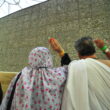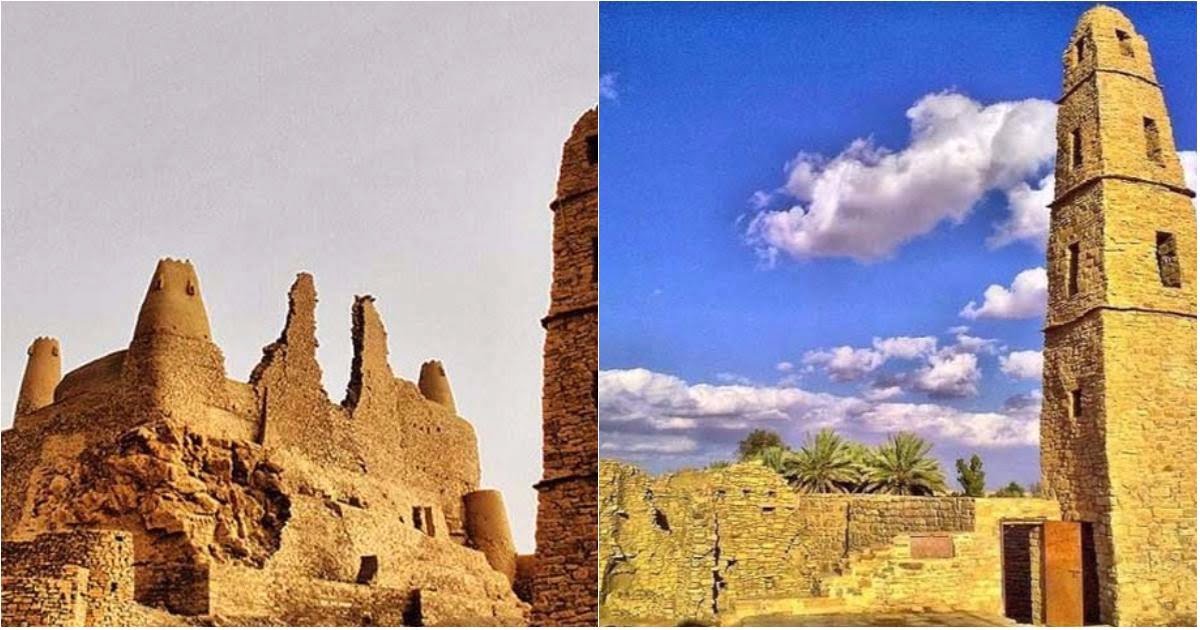The Battle of Camel occurred during the early years of Islam when the Muslim community was divided by civil war.
Summary
- The Battle of Camel holds a crucial place in early Islamic history as it marked the onset of the first civil war among Muslims. This conflict involved prominent figures closely related to the Prophet Muhammad PBUH.
- Fought in 656 CE near Basra, Iraq, it pitted Ali Ibn Ali Talib (R.A), the fourth caliph and cousin of the Prophet PBUH, against rebels led by Aisha R.A, one of the Prophet’s wives, along with companions Talha and Zubayr.
- While Ali Ibn Abi Talib (R.A) emerged victorious, the battle’s aftermath saw the loss of many notable Muslims and initiated a long-standing schism within the Muslim community.
Background of the Battle of Camel
The Battle of Camel was not merely a political struggle; it carried personal and emotional weight, involving individuals deeply connected to the Prophet PBUH.
Aisha, the Prophet’s wife and daughter of the first caliph, Abu Bakr (R.A); Talha (R.A) and Zubayr (R.A), companions promised paradise by the Prophet, shared familial ties with Aisha R.A.
Ali, the Prophet’s cousin, son-in-law, and father to Hasan (RA) and Husayn (RA), stood at the center of this conflict. Despite their shared history of fighting alongside the Prophet, differing views on governance and leadership emerged after his demise.
Why Did It Happen?
The Battle of Camel stemmed from several causes.
The first major cause was Uthman (R.A)’s assassination, which forced Ali into the caliphate, but rebel factions demanded obedience while hindering investigations into Uthman’s murder.
This led to a legitimacy crisis for Ali Ibn Abi Talib (R.A), who was accused of complicity in Uthman’s death. Aisha, Talha, and Zubayr insisted on choosing the next caliph through a council (shura) of the Quraysh tribe, alleging a breach of the Medina treaty by Ali.
The Muslim community faced division and confusion following Uthman’s assassination and the subsequent rebellion.
Some supported Ali, considering him the rightful successor, while others backed Aisha (R.A), Talha, and Zubayr as defenders of Uthman’s blood. Neutrality and indecision prevailed among some, fearing the consequences of civil war and hoping for a peaceful resolution.
How the Battle Proceed?
The march to Basra saw Aisha (R.A), Talha, and Zubayr gathering an army, countered by Ali’s negotiations to avoid bloodshed.
Despite attempts to mediate, the battle erupted on December 8, 656 CE, named after Aisha’s camel, a central symbol.
Ali emerged victorious after a fierce and bloody battle, capturing Aisha (R.A), while Talha and Zubayr lost their lives.
Who Won
Ali Ibn Abi Talib (R.A) emerged as the victor in the Battle of Camel, solidifying his caliphate. He gained support from the people of Basra and some Iraqi tribes, demonstrating magnanimity by sparing prisoners’ lives.
Aisha (R.A) was sent back to Medina with honor, and Ali forbade any harm to her.
What Was the Aftermath of the Battle?
The Battle of Camel did not end the fitna (civil war) but intensified division. Ali Ibn Abi Talib (R.A) faced opposition from the Umayyads, notably Muawiya, leading to battles like Siffin and Nahrawan. The fitna persisted until Ali Ibn Abi Talib (R.A)’s assassination in 661 CE, culminating in the emergence of Sunni and Shiite sects.
The emergence of sects, Sunnis and Shiites, resulted from the battle. Sunnis form the majority, following the first four caliphs and respecting Ali Ibn Abi Talib (R.A) without blaming Aisha (R.A), Talha (R.A), and Zubayr (R.A). Shiites consider Ali (R.A) the sole legitimate successor, leading to continued animosity between the sects.
The impact on Islamic history and politics was profound, influencing the Muslim community’s trajectory, culture, and literature. The battle prompted debates on leadership, justice, loyalty, and unity, challenging Islamic ideals.
Conclusion
In conclusion, the Battle of Camel, a pivotal event in early Islamic history, unfolded due to the assassination of Uthman, personal rivalries, and a divided Muslim community.
Ali (R.A)’s victory marked the beginning of a lasting schism and an ongoing feud. The aftermath saw the emergence of Sunni and Shiite sects, shaping Islamic history, politics, and culture.
The Battle of Camel remains a significant chapter, testing the principles and unity of the Muslim community.
Subscribe to our channels on WhatsApp, Google News, Facebook and Instagram.Discover more from The Islamic Information
Subscribe to get the latest posts sent to your email.












